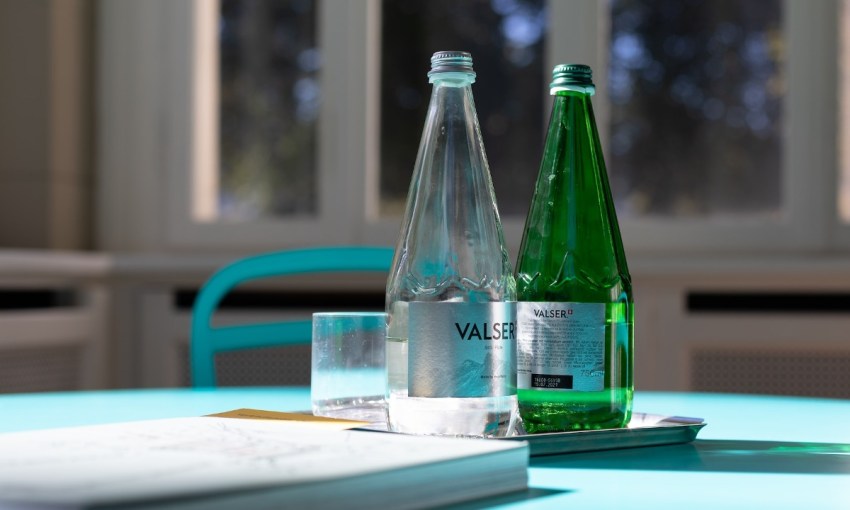CityMag’s co-founder and creative director at kwpx, Josh Fanning wonders what happened to the way things were.
Whatever happened to… paying for things?
Whatever happened to paying for sparkling water at a café and enjoying the prestige of a tall, green bottle of Italian, aquifer-fed mineral water standing on your table telling people how you do?
Whatever happened to the coin-op trolley system supermarkets and Airports used to run?
I don’t know. But things have changed.
Flying back from Melbourne this week, I noted the freedom and, shall I say, reckless abandon some luggage trolley operators displayed.
It was like they had no idea of the privilege a trolley in an airport once was.
Which reader out there is so wealthy (or perhaps young) as to never have experienced the disappointment of their father denying them $2 to release a trolley at the airport? I mean, why use $2 when you have child labour?
And if/when you did manage to wrangle $2 from Dad (Dad carried the shrapnel in our house) for the coin-op trolley, who could ever forget the sense of luxury those four wonky wheels bestowed? You felt a literal weight lift from your shoulders and a metaphorical rise in status. “Look at us, we’re trolley people.”
The fact the luggage trolley doubled as a go-cart made it even more valuable in my experience.
With the rise of the digital economy and the increasing number of services offered online for free (or for the cost of an email address), my sense of value has warped.
What many entrepreneurs call disruption often boils down to a “too good to be true” service that leverages capital to grow market share and derail the status quo and local economies join the global economy.
Uber has been around a long, long time (in disruptor years). It turned its first profit this month. Uber heretofore had been able to fund its operations and grow its market capitalisation because of shareholders. Investors currently value Uber at around $95 billion.
I don’t know what the “free sparkling water at the café” business is worth right now on the stock exchange, but it must have a market cap. of a billion dollars at least.
The free bubbly water you get at Exchange Specialty Coffee is amazing.
However, getting free bubbly water at some cafés and not others does tend to make me complacent. It has changed my expectations. And where once I would part with hard-earned money for sparkling water and savour its value, I now feel put out by cafés who charge for bottled, bubbly water.
Is this true of the world?
Is it possible that things feel like they’re getting worse because they’re actually getting better?
Is that what fuels the economy? Emotional dissonance? If we were truly happy, would we ever buy anything?
I don’t know, but I sure do feel like Adelaide is a rich and prosperous place with all its free bubbly water at cafes and free luggage trolleys at the airport.




